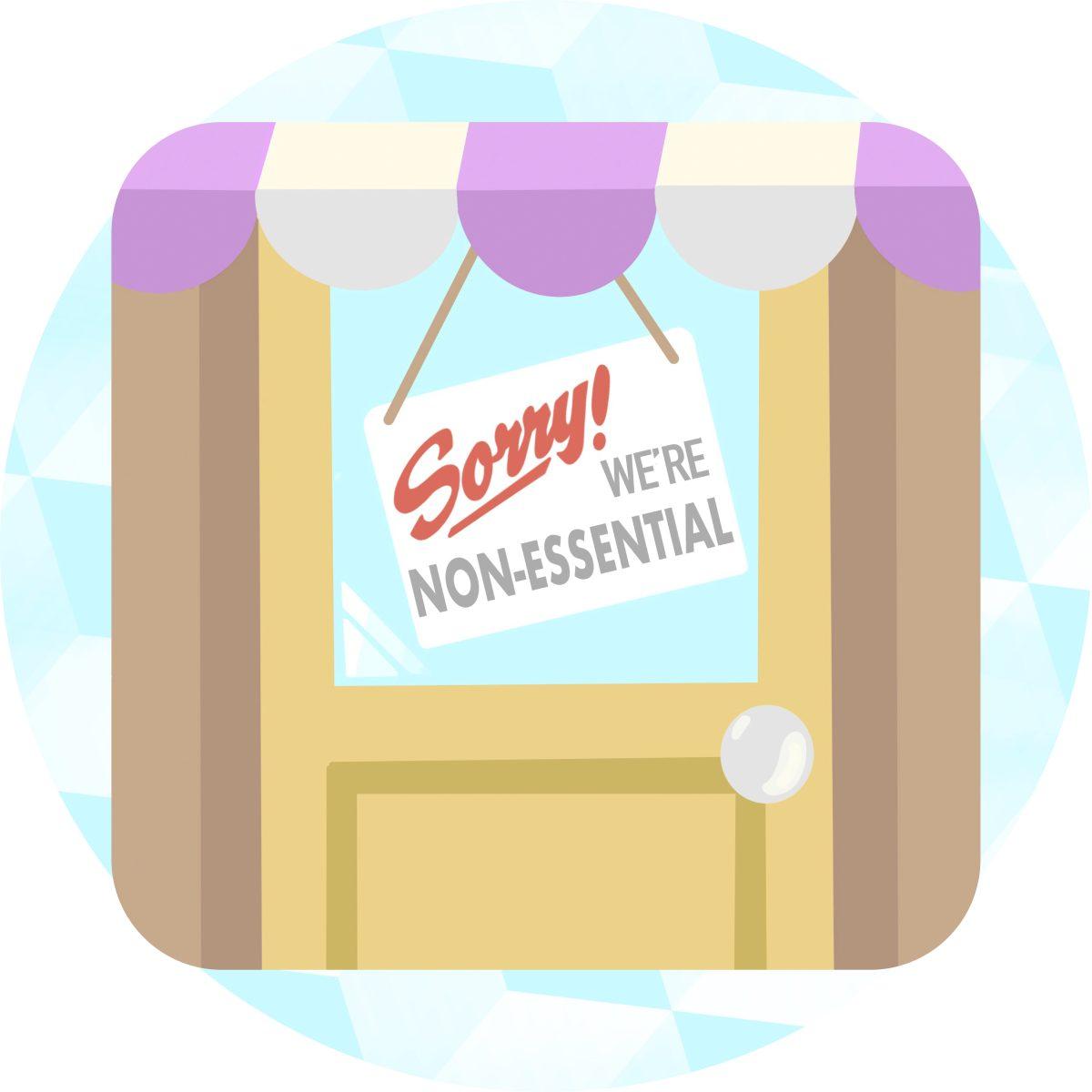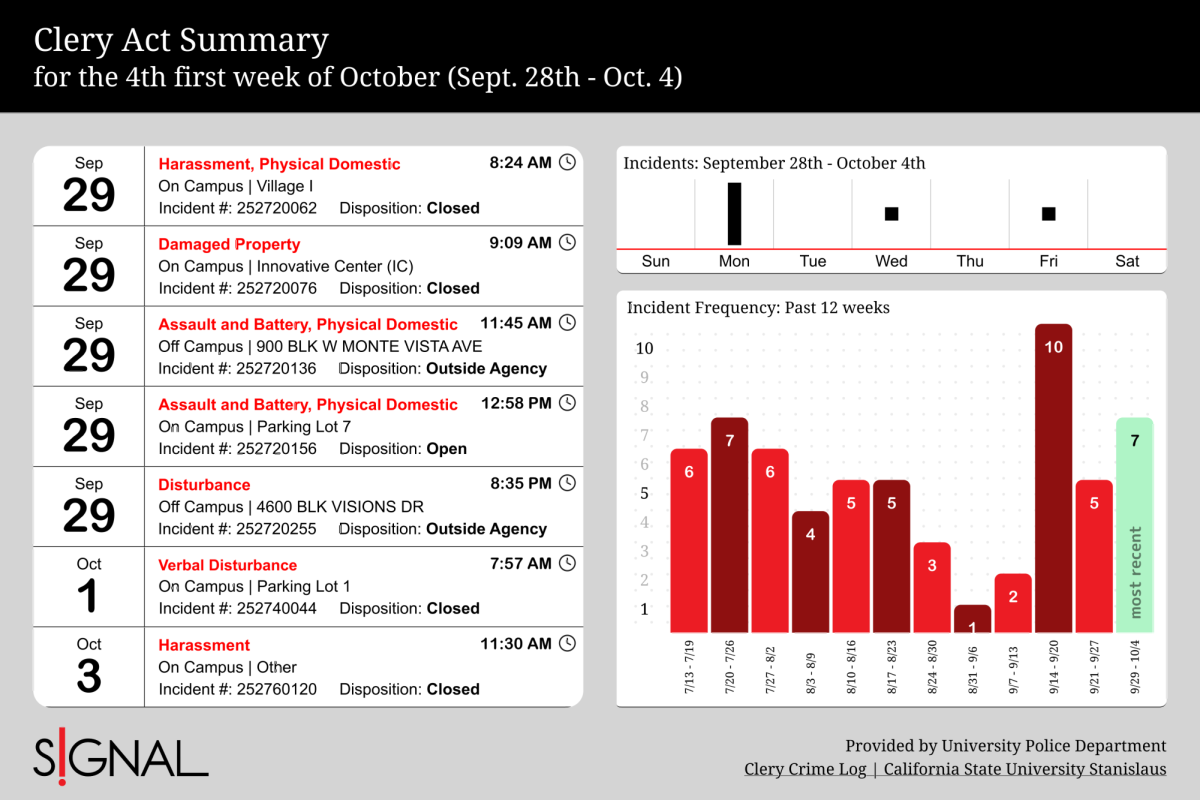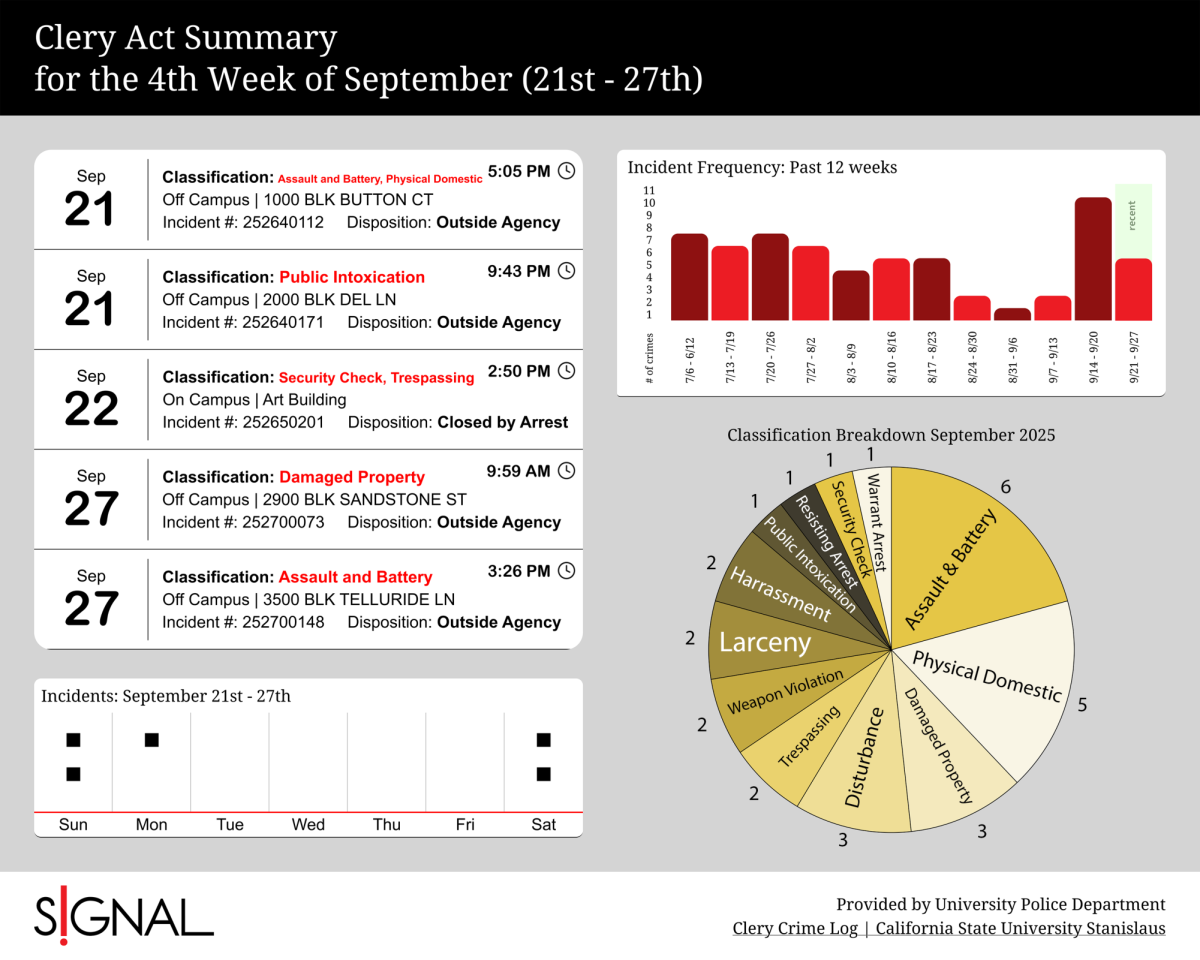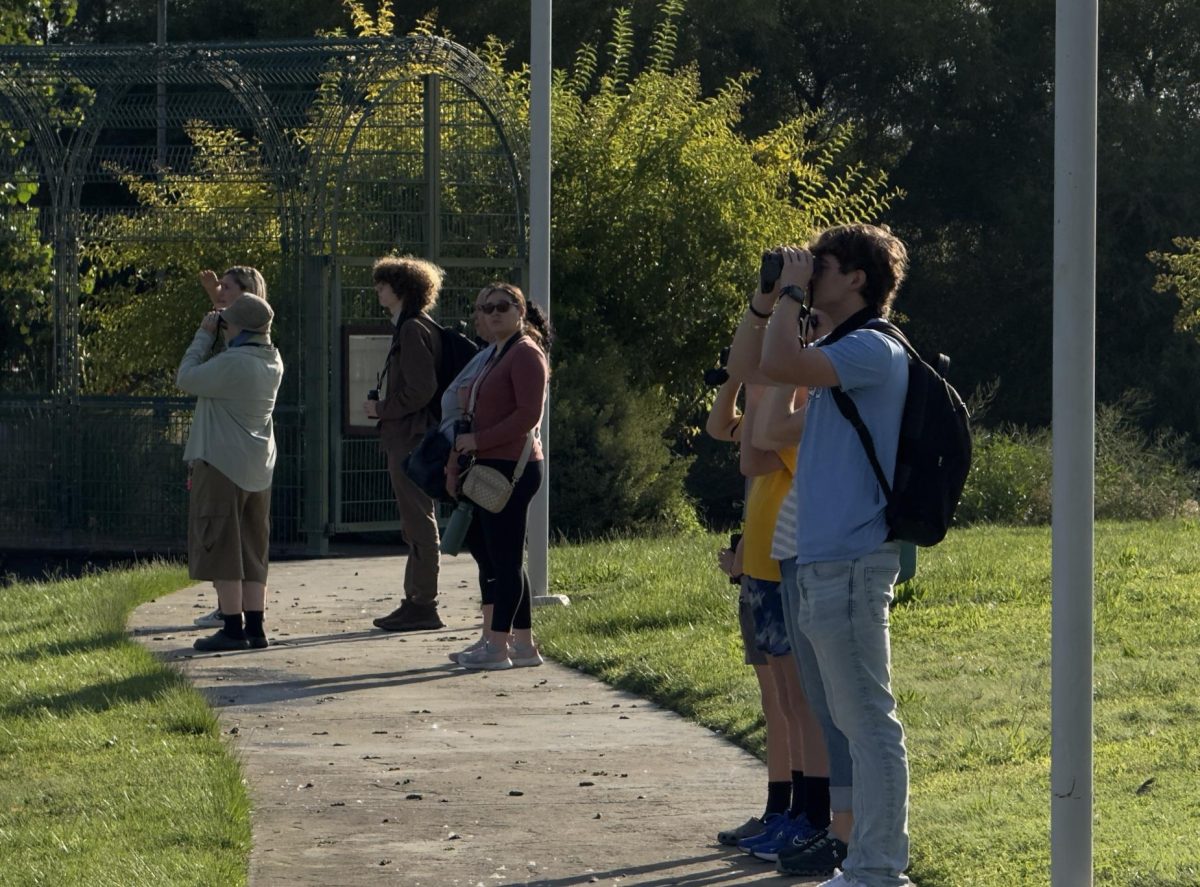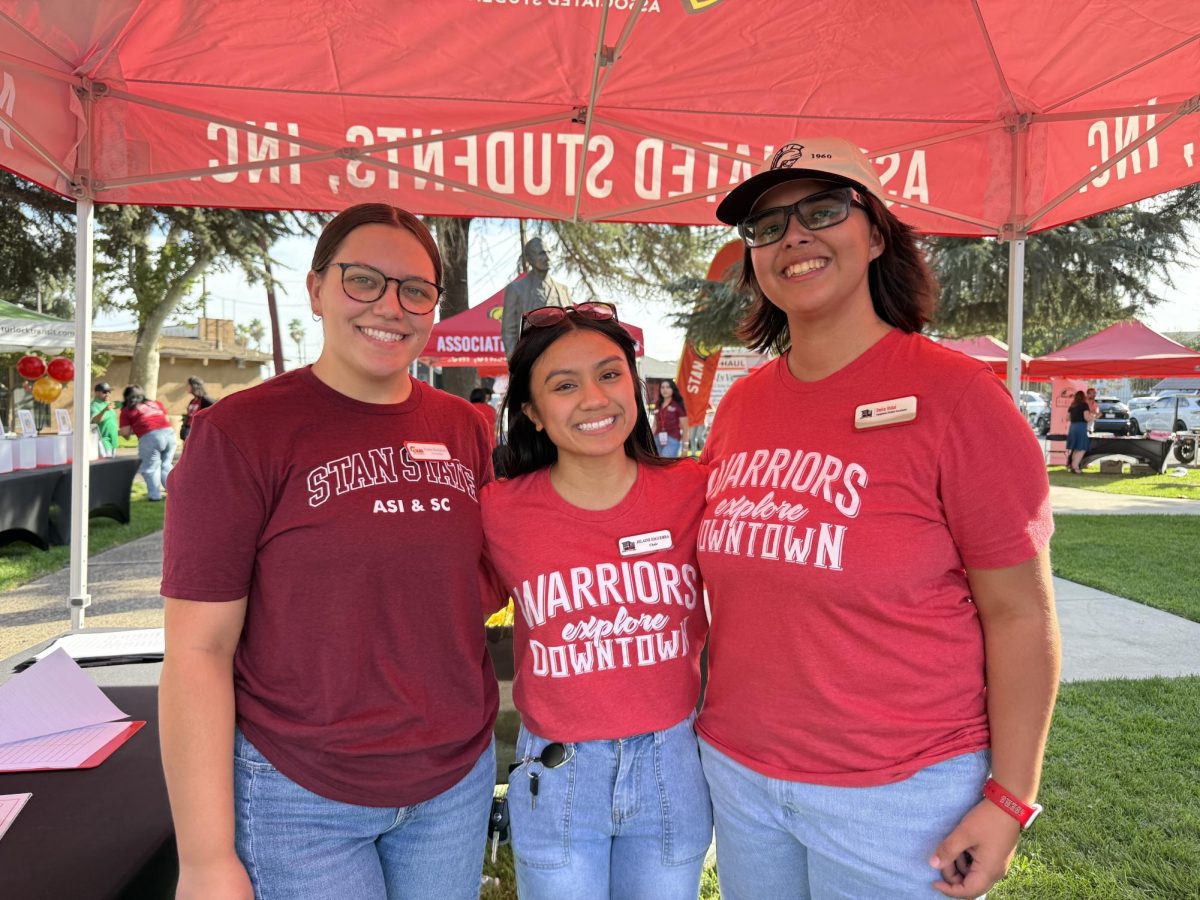When COVID-19 caused a nationwide shutdown of many businesses and services, it put a major strain on the lives of those who were deemed “non-essential.” Although most people who were put out of work received unemployment benefits, independent contractors initially didn’t at the beginning of the shutdown.
Cynthia Flesher (@cynthiagflesher) is a massage therapist at Therapeutic Body Work in Turlock. Flesher described how her business was impacted last March.
“My business stopped entirely when salons were shut down until we could get re-classified,” Flesher said. Once massage therapy got re-classified, Flesher and other massage therapists were able to provide services again, but only if they could provide a “medical note to prove necessity.”
What is “essential” when it comes to personal services?
What is considered essential can be different depending on who you ask. According to the Oxford dictionary, for something to be considered essential it must be absolutely necessary and indispensable.
When asked how she felt about being deemed “non-essential,” nail-technician Kristina Mello (@nailsbymisskris) didn’t mince words.
“It pissed me off,” Mello said.
Alyssa Hensley (@alyssalynne__), who has been a licensed cosmetologist for 6 years and has been self-employed for almost two years, had a slightly different feeling towards being deemed non-essential.
“We’re not essential, it’s a LUXURY service. Everyone’s job is essential to them, but not to the rest of the world,” Hensley said.
How is COVID-19 still affecting these types of personal service businesses?
When asked how business has been since she was allowed to reopen Hensley said that she has never been busier.
Although the reopening of all businesses has helped some, it hasn’t been as positive for others. Flesher said that she is seeing about 50% of clientele returning.
“There’s an overall sense of fear present,” Flesher explained.
For others the problem is entirely different. When Mello was asked how COVID-19 was still affecting her business, she explained that it is still hard to get some of the supplies needed for her job.
What can you do to support your local small business?
When asked how consumers can continue to support businesses like hers, Hensley said “Be kind!” and “Don’t take your stylist for granted.
“Keep coming in and supporting us,” Mello added.
There are also other ways you can support your local personal service businesses that do not cost anything, such as:
-
Following them on social media.
-
Sharing their work with friends/family or on social media through mediums like Instagram stories.
-
Liking their posts.

